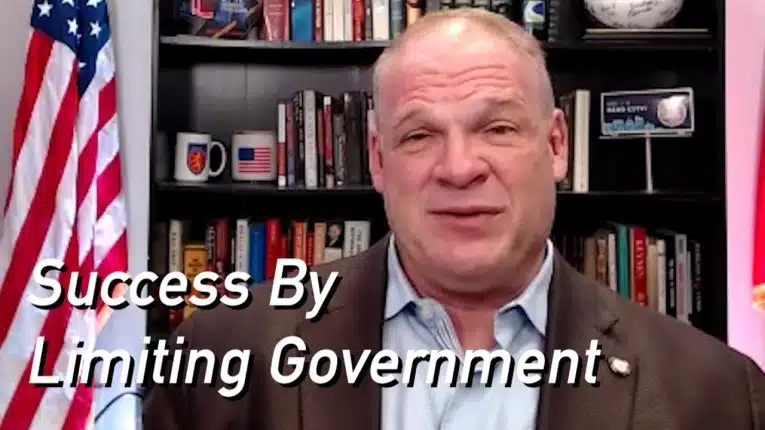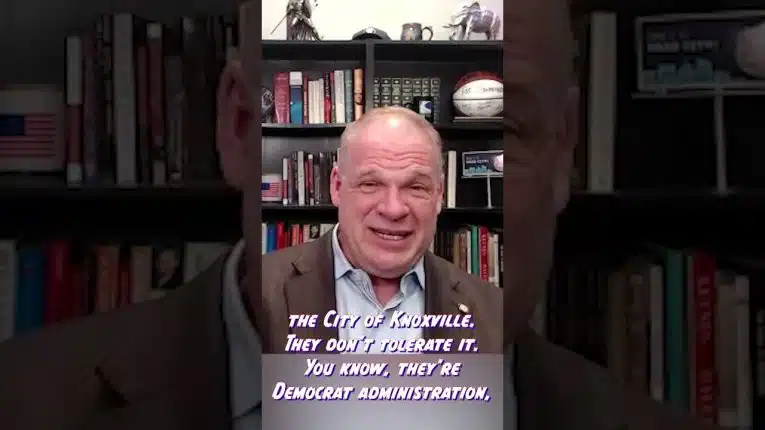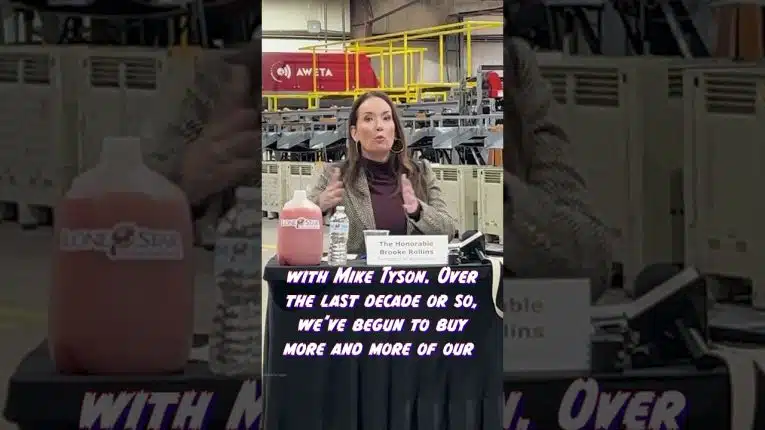
Despite voters being focused on economic issues like lowering inflation and raising wages, the public’s concern over immigration could make border security as big of an issue in 2024 as it was just before Former President Trump was first elected.
New Gallup polling from July shows the share of Americans who say immigration is a “good thing” is at its lowest point since 2014. The last time enthusiasm for immigration was this low, the public elected a staunchly law and order president who spent much of his campaign illuminating the drug and crime crisis in the United States due to unchecked immigration.
If public sentiment is anything like it was in 2015, immigration could become a crucial issue again this year, and the data shows it is not just Republicans who believe immigration is doing more harm than good on a number of metrics.
Concerns about elevated crime in American communities and the barrage of drugs and other nefarious items streaming over our southern border are major drivers behind this shift in sentiment on immigration.
According to Gallup, the share of Americans who say immigration is a good thing has dropped precipitously by 9-points in three years from 77% in 2020 to 68% today.
Americans’ desire to curb immigration is also on the rise, with the share of Americans saying they want immigration decreased (41%), far exceeding the share who want immigration levels increased (26%).
Out of a slate of different public policy areas, Americans say immigrants are having a net negative impact on all but two issues – food, music, and arts, and social values.

Americans net views on how immigration is impacting crime (-42), taxes (-26), job opportunities (-8), and the economy (-1) are all in the negative. However, Americans net views on how immigrants affect food, music, and the arts (+40) and social values (+7) show Americans do see the value of immigration in certain contexts.
Americans say immigration has a negative impact on the drug problem at the highest rate of any category according to Gallup. A full 55% of Americans say immigration makes the drug issue worse while less than 5% say it makes the drug issue better.

While there are wide partisan differences on whether immigration is making the crime and drug issues in the U.S. better or worse, there is broad agreement that the drug and crime issues are being exacerbated by immigration. The net positive view of how immigration is affecting the drug problem in the U.S. is -80 for Republicans, -51 for Independents, and -31 for Democrats.
Meanwhile, the net positive view of how immigration is impacting the crime situation is -79 for Republicans, -42 for Independents and -9 for Democrats according to Gallup.

Even on job opportunities, Republicans say immigration is having a net negative impact by 50 points and Independents say so by 8 points. Democrats believe immigrants have a net positive impact on all issues except the drug problem and crime which they admit immigrants have a negative impact on by 31 points and 9 points respectively.
Illegal drugs being trafficked into the country and other criminal activities related to the border are still massive issues for the public, with U.S. Customs and Border Protection agencies capturing close to a 10,000 pounds of deadly fentanyl brought into the U.S. in the first nine months of 2022.
As crime and illicit drugs stemming from an unsecured border continue to become public knowledge, Americans are increasingly prioritizing safety and rethinking the modern approach to immigration. With public sentiment shifting back to a more controlled approach to immigration, it is entirely possible a law-and-order candidate like Former President Trump promising tighter border security will be increasingly appealing to both Republicans and Independents, and even some Democrats.
Manzanita Miller is an associate analyst at Americans for Limited Government Foundation.






